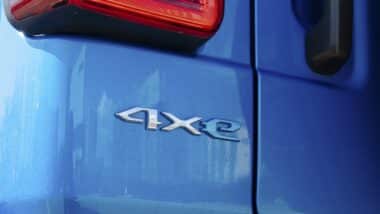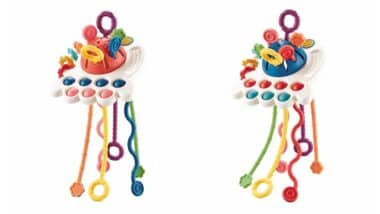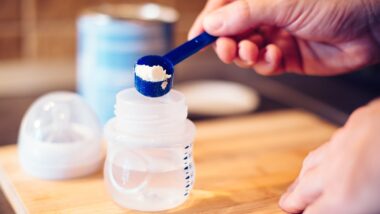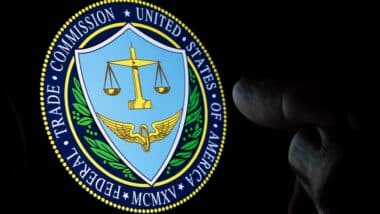
With hundreds of thousands of open heart surgeries performed each year, patients should be aware of the recovery process that follows. In particular, patients and doctors should be wary of serious complications after open heart surgery, such as life-threatening bacterial infections.
Patients have alleged that LivaNova Stockert 3T Heater-Cooler devices have been causing mycobacterium chimaera (M. chimaera) infections, which are rare and life-threatening nontuberculous mycobacteria (NTM) infections that can develop years after open heart surgery.
The Stockert 3T Heater Cooler and similar devices are typically used during bypass surgeries to help control the temperature of blood and organs.
Due to the severity of these post-surgical complications, patients are encouraged to educate themselves about heart surgery and what could go wrong afterward. Here are some frequently asked questions about open heart surgery:
What is open heart surgery?
Also known as traditional heart surgery, according to Healthline and SSM Health, open heart surgery involves cutting open the chest and breastbone so surgeons can operate on the heart. The incision is typically eight to ten inches long but will vary between procedures, and will be decided based on how much room the surgeon needs to gain proper access.
After the heart becomes visible, the heart surgery patient may be connected to a heart-lung bypass device, which moves blood away from the heart so surgeons can operate safely, but newer procedures often do not utilize these devices.
Advances in modern medicine have ensured that surgeries can be performed through small incisions rather than a wide opening, so the term “open heart surgery” may be misleading in some cases. However, full open heart surgery with a massive surgical opening is still performed.
In coronary artery surgery, the surgeon then uses a healthy vein or artery to create a new path around the blocked artery and then closes the breast bone with wire, which will remain inside the body. Open heart surgery may also be used to repair or replace heart valves, repair damaged parts of the heart, implant medical devices, and heart transplantation.
What are the risks of open heart surgery?
The risks patients face from open heart surgery include, but are not limited to:
- Chest wound infection
- Heart attack
- Stroke
- Irregular heartbeat
- Lung failure
- Kidney failure
- Memory loss
- Blood clot
- Blood loss
- Difficulty breathing
- Pneumonia
What are possible post surgical complications of open heart surgery?
One of the most serious complications patients can face after open heart surgery is infection, which has become widely associated with the Stockert 3T Heater Cooler devices. According to the CDC, at least twelve patients have reportedly died from a deadly heart surgery infection with approximately 28 cases of confirmed NTM infections since 2011.
Due to the late onset of symptoms, the CDC is encouraging patients to be vigilant for these signs of infection after open heart surgery, especially if a Stockert 3T Heater Cooler was used:
- Night Sweats
- Muscle Aches
- Weight Loss
- Fatigue
- Unexplained Fever
How does infection develop after open heart surgery?
The Stockert 3T Heater Coolers and similar devices consist of two temperature controlled water tanks. The tanks do not make direct contact with the patient, but the FDA warns that the water spread from contaminated products could induce infection. The devices may impact sterile rooms as well.
According to communications from the FDA, the 3T Heater-Cooler Systems from manufacturer LivaNova are prone to contamination with NTM bacteria – leading to post-operative infections. Several factors associated with this product reportedly result in these infections.
Part of the risk is because the contaminated water could potentially “aerosolize” from the device, which means the bacterium can become airborne and escape through the device’s exhaust event. Once this happens, the bacteria can enter the patient through the incision and fester into infection months or even years later.
Additionally, the devices reportedly cause laminar flow disruption. Laminar flow in operating rooms ensures that the air above patients is less prone to contamination with airborne particles and other contaminants. The Stockert 3T’s exhaust fan reportedly has the potential to disrupt this protective airflow, allowing contaminants to reach the surgical field.
According to the FDA, part of the problem lies with the design of the heater-cooler. Most devices have between one and three tanks filled with water that are then heated and cooled. In some cases, heater-coolers have air and water filters but the FDA says that some filters are simply not sufficient.
“An air filter that has the capability of capturing NTM bacteria may alter device safety or performance and would therefore need to be evaluated by the manufacturer as a possible mitigation technique before implementation,” the FDA notes.
Do YOU have a legal claim? Fill out the form on this page now for a free, immediate, and confidential case evaluation. The cardiac heater-cooler attorneys who work with Top Class Actions will contact you if you qualify to let you know if an individual lawsuit or class action lawsuit is best for you. [In general, cardiac heater-cooler lawsuits are filed individually by each plaintiff and are not class actions.] Hurry — statutes of limitations may apply.
ATTORNEY ADVERTISING
Top Class Actions is a Proud Member of the American Bar Association
LEGAL INFORMATION IS NOT LEGAL ADVICE
Top Class Actions Legal Statement
©2008 – 2026 Top Class Actions® LLC
Various Trademarks held by their respective owners
This website is not intended for viewing or usage by European Union citizens.
Get Help – It’s Free
Join a Free Cardiac Heater-Cooler System Class Action Lawsuit Investigation
An attorney will contact you if you qualify to discuss the details of your potential case at no charge to you.
PLEASE NOTE: If you want to participate in this investigation, it is imperative that you reply to the law firm if they call or email you. Failing to do so may result in you not getting signed up as a client or getting you dropped as a client.
Email any problems with this form to [email protected].
Oops! We could not locate your form.












